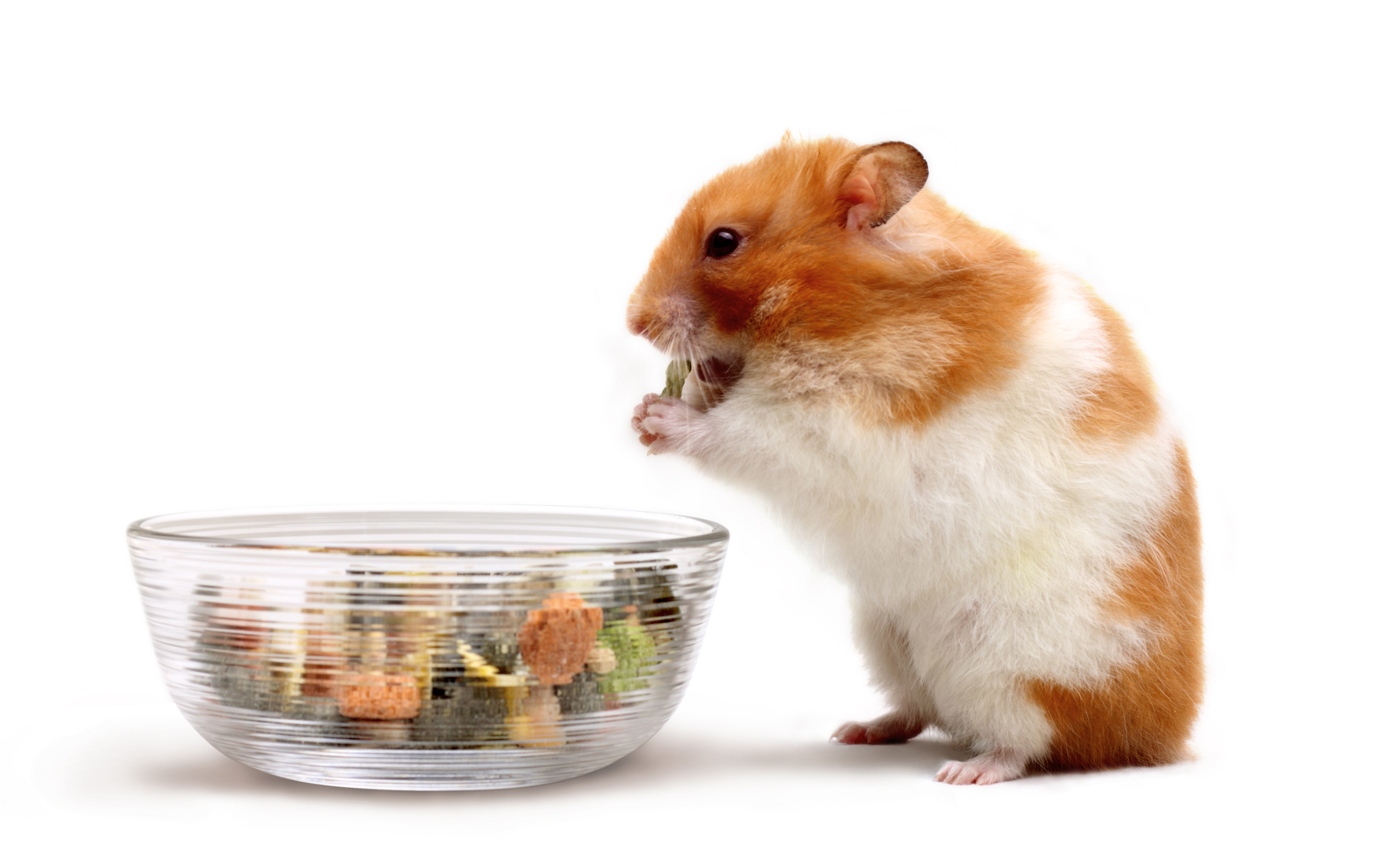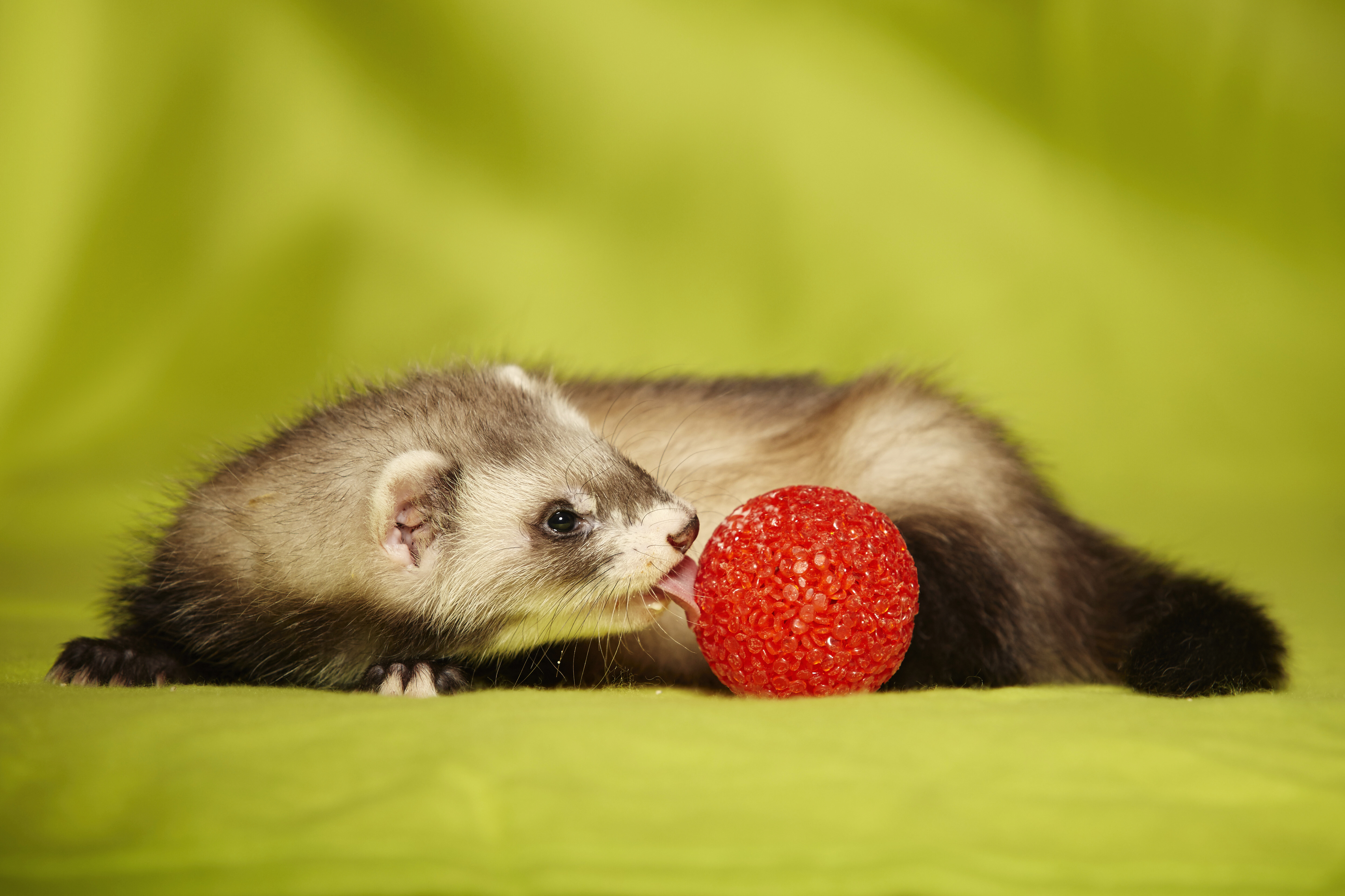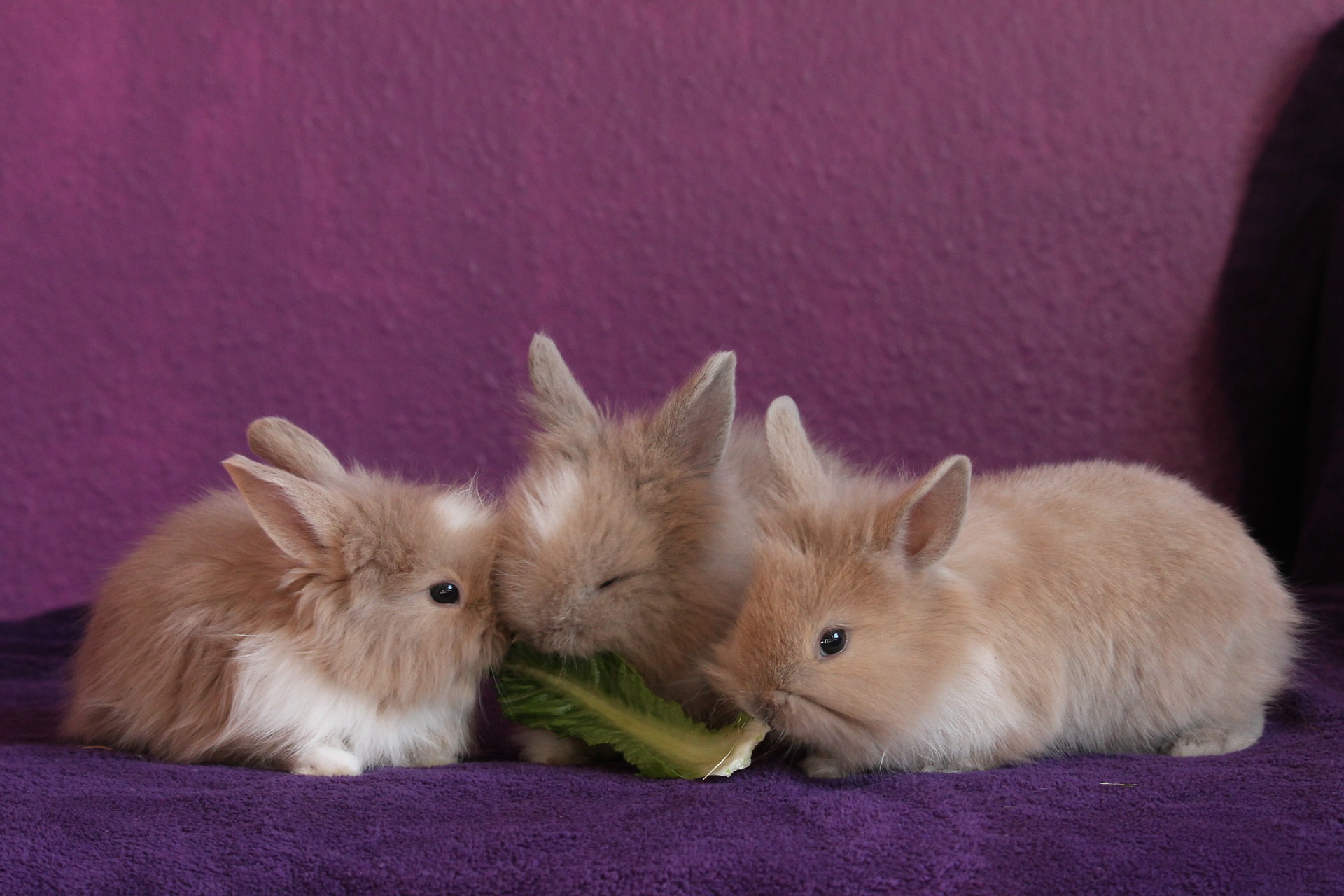Dollars and Scents
Erik J. Martin //October 24, 2017//
Smell that? Perk up your nose and catch a whiff before it’s gone—it’s the fragrance of opportunity and lost profits heading out the door of your store because you didn’t properly capitalize on promoting the odor control and cleaning products your customers are seeking.
Small mammal owners often slack off in the cleaning and maintenance department when it comes to their pets’ enclosures. Consider the points you can score with them if you can recommend one or more of the innovative and olfactory-friendly products on the market today that will keep owner and animal alike happy.
No Smell Sells
Mary Ann Loveland, senior associate brand manager for Kaytee Hard Goods in Chilton, Wisconsin, likes to remind retailers of a simple fact.
“The biggest complaints we hear about owning a small animal pet is having to keep its habitat clean,” she said.
Fortunately, there’s been greater consumer awareness of the importance of quality odor control products, according to Lucas Stock, communications manager for Oxbow Animal Health, the Omaha, Nebraska-based company named after the Oxbow Trail that carried pioneers across the country and passed through the farm of the firm’s founding family.
“In days past, these products were often perceived as an afterthought or something that was purchased without much research or consideration. Now, we’re finding discerning customers who want to know about the specific attributes and functionality of odor-control and cleaning products,” Stock said.
Simpler Ingredients
Julie Fain, digital marketing and communications coordinator for Vitakraft Sun Seed, Inc., the Bowling Green, Ohio-located pet products maker founded 180 years ago, says a major trend that began years ago has only snowballed since.
“More natural cleaning and odor-control products that rely less on chemicals and use more environmentally friendly materials and practices are increasingly winning over pet owners today,” Fain said.
As proof, Fain cites the popularity of bedding and litter products made with highly absorbent recycled paper and without artificial colorants. The inclusion of natural odor reducers is another example—Sunseed Fresh World Bedding’s regular formula uses traditional baking soda for this task. Another trend has been an emphasis on making cage cleaning chores easier. Kaytee made a big splash a few years back with the rollout of its CritterTrail Quick Clean habitat and disposable bedding tray cartridges, now available in a three-pack.
Smart Stocking
“Shelf space is limited, so it’s important to stock and sell products that meet the needs and expectations of pet parents. Listen to your customers, and learn about their needs, concerns and questions. What’s most important to them—absorption? Softness? Color? Knowing the answers to these questions will help guide your purchasing,” said Stock, noting that Oxbow’s Pure Comfort line of bedding is designed to be moistureand odor-absorbent as well as 99.9 percent dust free.
While not always as high-profile of a sale as foods or hays, odor control goods such as bedding, litter, odor-eliminating sprays, cleaning liquids and scrubbing wipes should be marketed as repeat purchase essentials.
“Sales of odor control and cleaning products is all about getting your customers in the habit of using these products routinely. Make sure they understand the daily importance of these items, and always do your best to reinforce that a clean pet is a healthy and happy pet,” Stock added.
At Park Pet Shop Inc., a standalone pet store in Chicago that opened 59 years ago, co-owner Jim Sparks, Jr., likes to make choices in this subcategory simple for shoppers. He stocks two odor-controlling brands of bedding—Fresh World and carefresh—and only a handful of other SKUs in this space, such as TropiClean Deodorizing Pet Wipes, Marshall Pet Products’ Ferret and Small Animal Odor Remover spray, and Nature’s Miracle Cage Cleaner for Small Animals.
“We’re a small store, so we did our homework and narrowed it down to what we think are the best goods for our customers,” Sparks said. “We also use these products in the habitats housing our small animals for sale, so we really believe in them. The last thing you want is a customer walking through the door and smelling ammonia and pet odor.”
Out of the Woods
Jane Morehouse, product research and development manager for Hayward, California-headquartered Kordon LLC, makers of Oasis Pet Products, believes it’s crucial for retailers to properly inform their customers about recommended cage upkeep duties and selecting the right wares for their pets. That means phasing out cheap wood shavings and cedar chips and educating consumers about their drawbacks.
“Cedar smells good to us because it contains aromatic oils, but this oil is caustic to skin and mucus membranes,” Morehouse said. “Asking our pets to live with it 24 hours a day is not safe. A guinea pig kept on cedar will get chemical burns on its hairless feet, and the vapors released cause respiratory problems.”
Sparks stopped carrying wood shavings and chips years ago and has been careful to caution his customers about their risks while also directing them to better—albeit more expensive—alternatives.
“The message we tell them is that you get what you pay for with these products,” Sparks said. “If you want better odor control, choose a higherend solution. We also remind them that it’s not the pet itself that smells; it’s the lack of maintenance on its habitat.”
Housekeeping Matters
Speaking of which, if you sell small animals under your roof, it’s important to keep up with regular bedding replacements and cage cleanings to cater to customers’ noses and provide safe and sanitary environments for your live stock.
Morehouse follows a tried-and-true recipe that involves both cleaning and disinfecting.
“Always clean with a soap or detergent that can be thoroughly rinsed off,” she said. “Disinfect with a standard household bleach mixture of one part bleach to 10 parts water. And be sure that all cage articles that get wet during cleaning are thoroughly dried before re-inserting them.”
If this level of upkeep and the threat of sudden pet stank on your premises is making you think twice about housing hamsters, cavies and their cousins in your store, think again, Loveland said.
“Choosing to no longer sell live animals as a way of avoiding odor is not the answer,” she said. “The single best way to sell small animal products and accessories is to first focus on selling the animals themselves.”



















